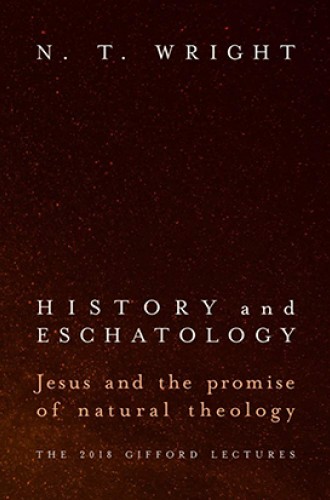N. T. Wright insists that Jesus is the starting point of natural theology
Wright’s rereading of scripture is brilliant. Too bad he’s so disparaging of other viewpoints.
When I was pondering whether to focus on theology or the Bible in graduate school, a mentor suggested I split the difference and study with N. T. Wright. “I would go pitch a tent wherever Tom Wright is and just do what he does,” he said.
It wasn’t advice I could take literally. Although he’s long been one of the most recognized New Testament scholars in the world, Wright resumed full-time academic work only in the latter part of his career—first at St. Andrew’s and recently, in retirement, at Oxford. You can’t easily work on a PhD with a canon, dean, or bishop, and Wright has been all three: canon at Westminster Abbey, dean of Lichfield Cathedral, and bishop of Durham.
Wright often insists that he is a historian, not a theologian. For British evangelicals of Wright’s era, theology was something done by woolly-headed liberals who were inclined to dismiss the miracles of the Bible and the historical reliability of scripture. The task of Christian scholars, as they saw it, was to do biblical history better than the secular historians do it. In Wright’s hands, history properly attentive to Jesus’ first-century Jewish context can nearly prove the bodily resurrection.





